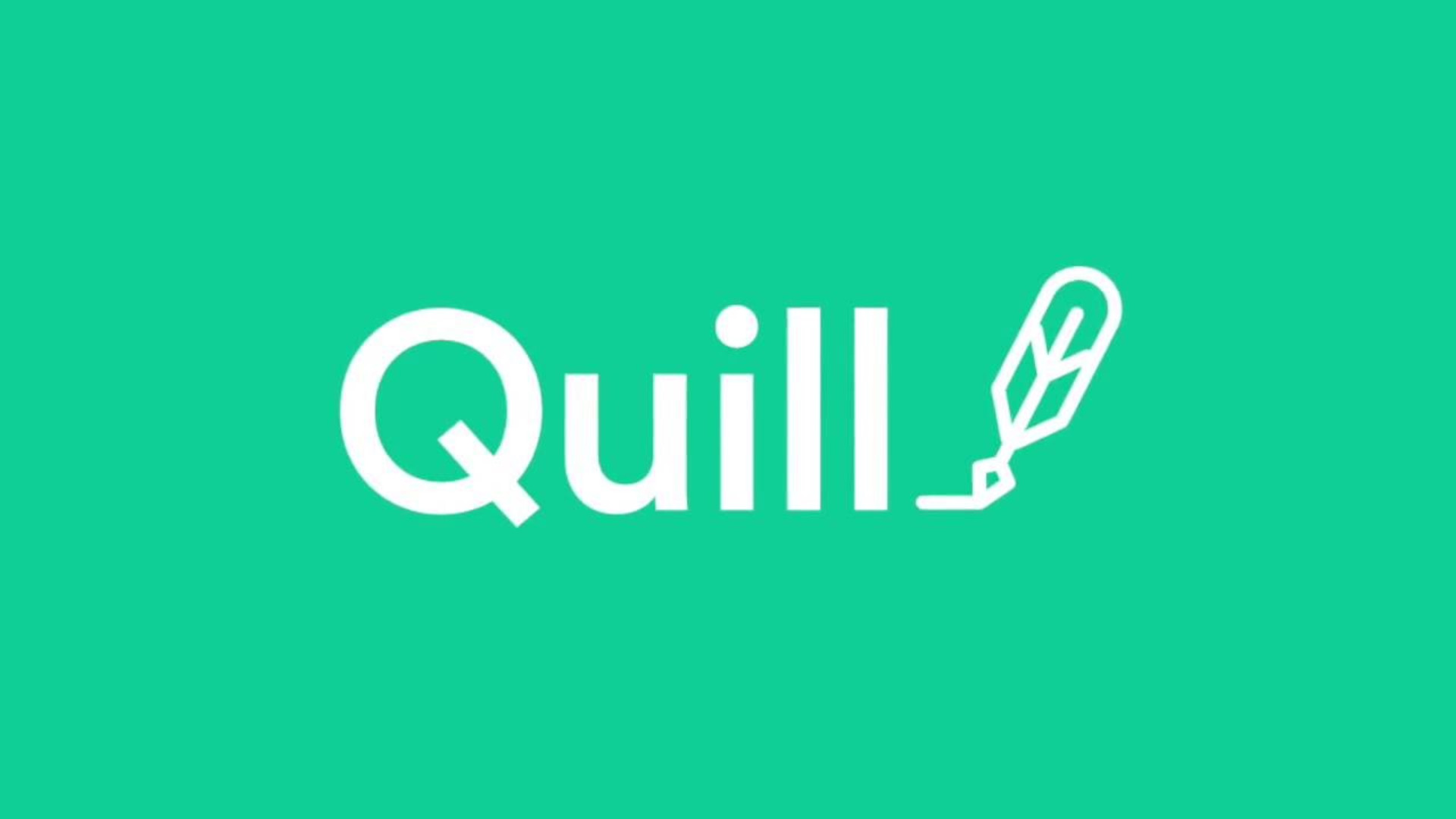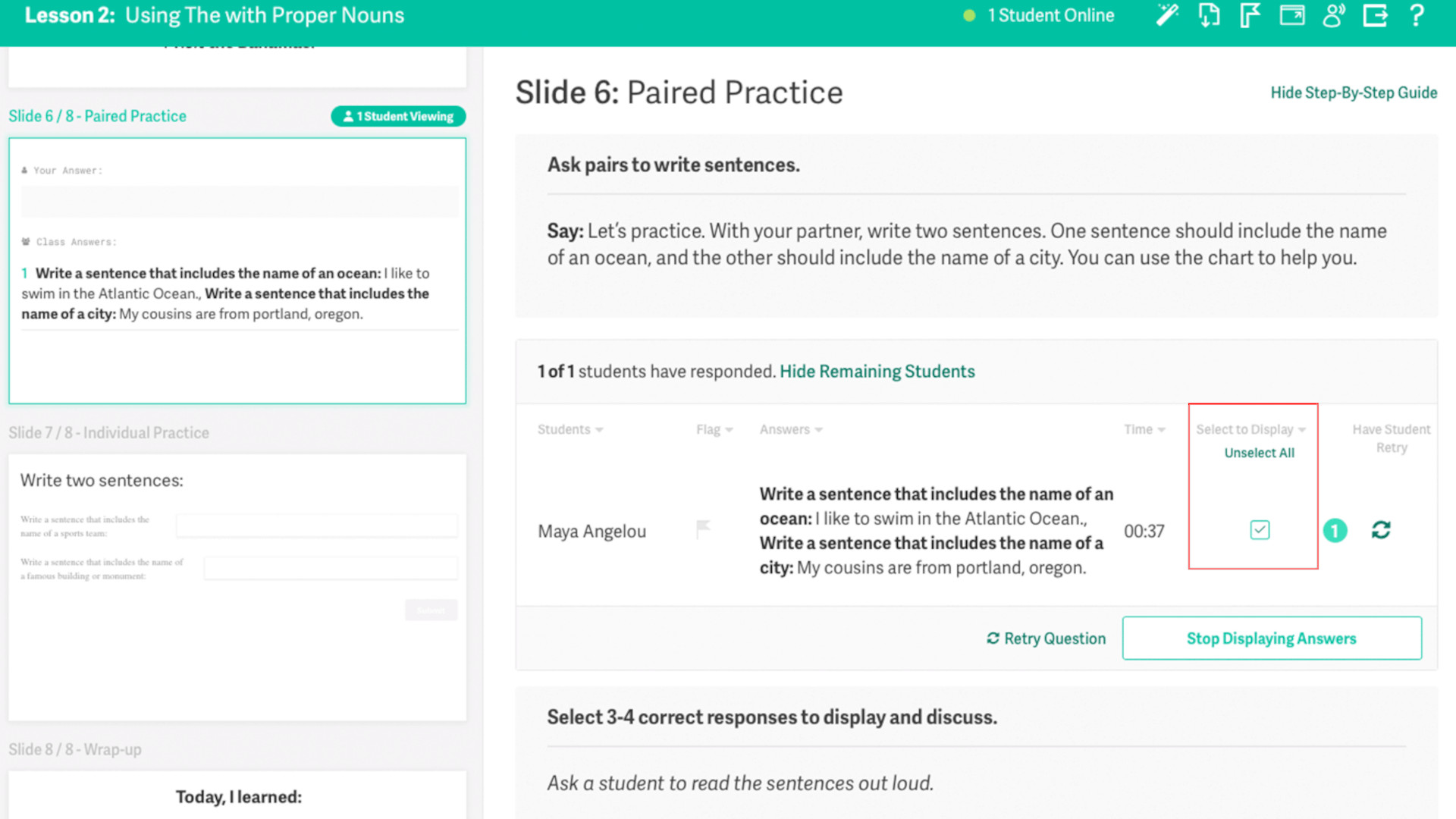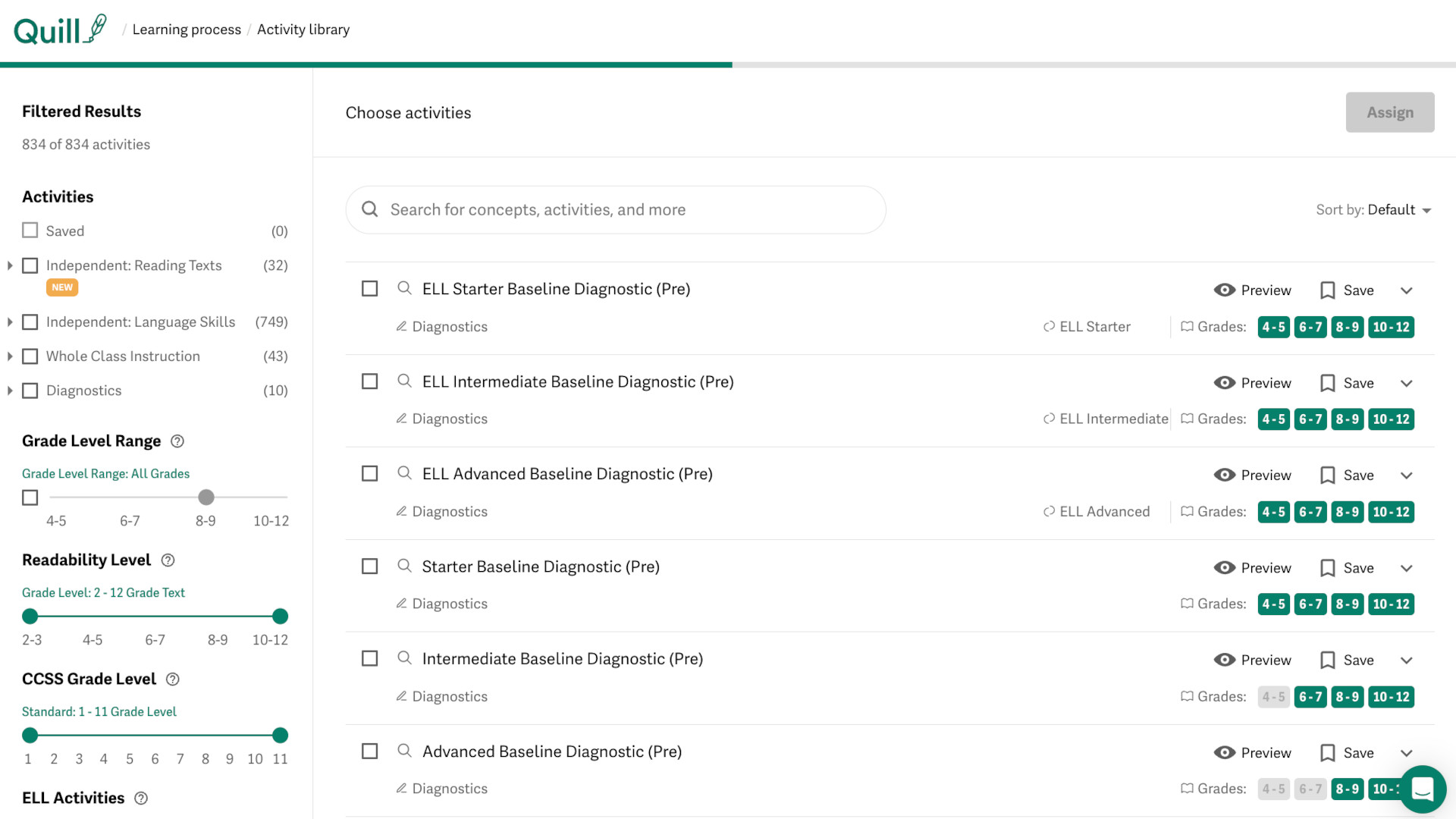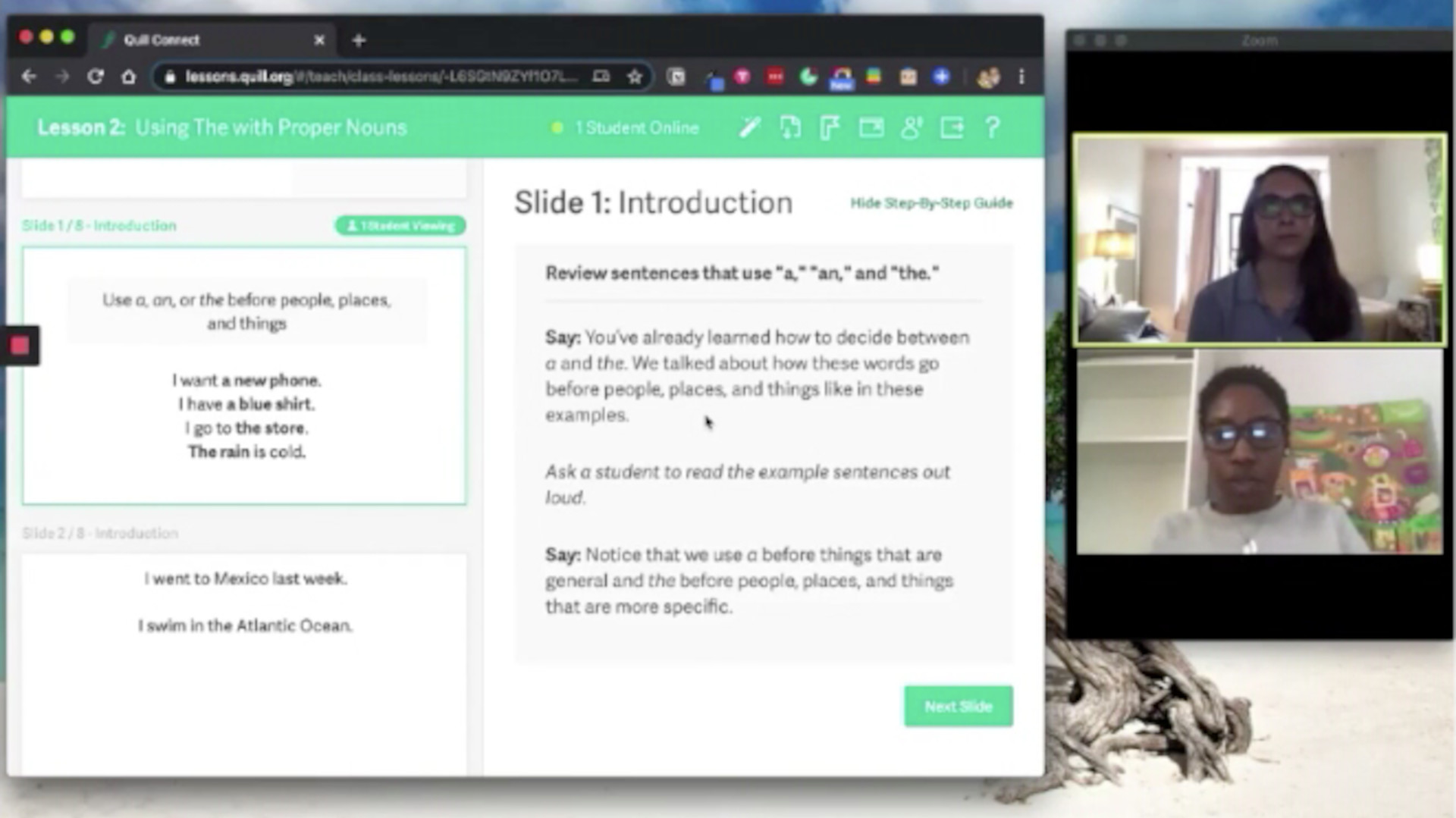What is Quill and How Can It Be Used for Teaching? Tips & Tricks
Quill is a digital tool designed to help students with reading, writing and comprehension

Quill was created as a free tool designed to be used in education and at home as a way to work on reading, writing, and comprehension skills.
You might think that being free this is lacking in some areas. But right from the premium website build quality to the layout that's clearly had a lot of thought put into it, this is a top tool when it comes to language building.
This nonprofit aims to help a wide variety of kids, from elementary thru middle and right up to high school. That means a selection of OER content right across the curriculum that can help students of varying ages and abilities.
As a result, Quill has been used by more than seven million students to write a massive two billion sentences. Here's all you need to know about Quill.
What is Quill?
Quill is a digital website-based tool that is designed to work alongside the curriculum to help improve student reading comprehension, writing, and language skills.

This is designed for use by students directly, via teachers, administrators, or guardians -- which can help tailor this to even younger students or those that might struggle working alone.
The tool focuses on grammar and writing in order to help students develop. This is done using a selection of area specific tools, all of which are tailored to Common Core skills and even offer differentiation for the likes of ELL, AP English, and pre-AP too.
Tools and ideas to transform education. Sign up below.
Crucially, this will all work in a way that can be tailored to the individual needs of each student. So you can work to specific targets to achieve results that are tangible and help in student progress through the year.
How does Quill work?
Quill is very simple to use, initially letting you select which user you are: Student, Teacher, Admin, or Guardian. You can then sign up with your details or use Google or Facebook for quick sign-in to get started right away. You are then able to select the grade ranges you will teach as well as the subjects required including English, Math, Science, History, and more.

You are able to create a class and add students, which is very easily integrated if your institution already uses Google Classroom. You can let students create their own accounts or make ones for them using their names. You then have the option to download a PDF with usernames and passwords listed for all the students, making access for them simple.
It is possible to assign activities to students or the class as a whole. Usefully, there is a diagnostic tool that can be used to assess student ability, so you know which projects will be a good fit for them to work on that are suited to their skills and needs.
Select lessons to get started with options such as Compound Objects and Predicates for grade 7 and above in which students learn to combine sentences by using compound objects and predicates.
The basic breakdown of tools is Diagnostics, Lessons, Connect, Grammar, and Proofreader. More on these in the next section.
Teachers and guardians then have a dashboard through which progress can be monitored and new work assigned as needed.
What are the best Quill features?
Quill has some very powerful tools that are tailored to ability, which allows students to progress at a rate that is challenging but without being off-putting.

Quill Diagnostic is a super helpful way to assess a student's skill level, which then helps them to be guided toward what it is that they should be doing to make improvements in the areas they need it.
The Quill Lessons are for larger groups, or the class as a whole. These offer writing prompts as well as discussion topics to allow for creative writing as a group or independently.
Quill Connect is a helpful tool that focuses on sentence writing. This aims to build sentence-writing skills to create a more complex end result in which the students know the building blocks used to get to that end result.
The Grammar tool is another helpful addition that offers more writing activities, only this time, as you may have guessed, with a grammar focus.
The new Reading for Evidence tool offers non-fiction texts with AI-powered writing prompts that use the text for evidence for students as they write out their work.
Finally, the Proofreader tool offers students certain passages of text with mistakes, which need to be spotted and fixed in order to progress.
How much does Quill cost?
Quill is primarily free to use although there is the option to go for a Premium upgrade to get more detailed reporting. For the free access you are required to sign-up using an email address, although students don't need to do this if you don't want that.
The Teacher Premium option, charged at $80 per teacher per year, can be tailored for free for 30 days before you decide if you could benefit from the extra features. These include more data reports including activity scores report, concepts report, standards report, and data export capabilities.
A School and District Premium option is available, at $1,800 per school per year, which gets you all the above plus monthly usage reports and an admin dashboard, plus Clever Secure sync, unlimited teacher licenses, priority technical support, and Quill Academy access.
Quill best tips and tricks
Start as a class
Teach a lesson in the room so students can get to grips with how the platform works, before letting them progress individually or outside of school time.
Use the lights
Student mastery is shown in red, orange, or green so teachers can assess at-a-glance using the dashboard, helping flag when students need help or perhaps could be challenged more.
Proofread
Use the Quill Proofreader tool as a class to work through errors in the text and feedback what happened at each point so everyone can learn as a group.
To share your feedback and ideas on this article, consider joining our Tech & Learning online community here
Luke Edwards is a freelance writer and editor with more than two decades of experience covering tech, science, and health. He writes for many publications covering health tech, software and apps, digital teaching tools, VPNs, TV, audio, smart home, antivirus, broadband, smartphones, cars and much more.
